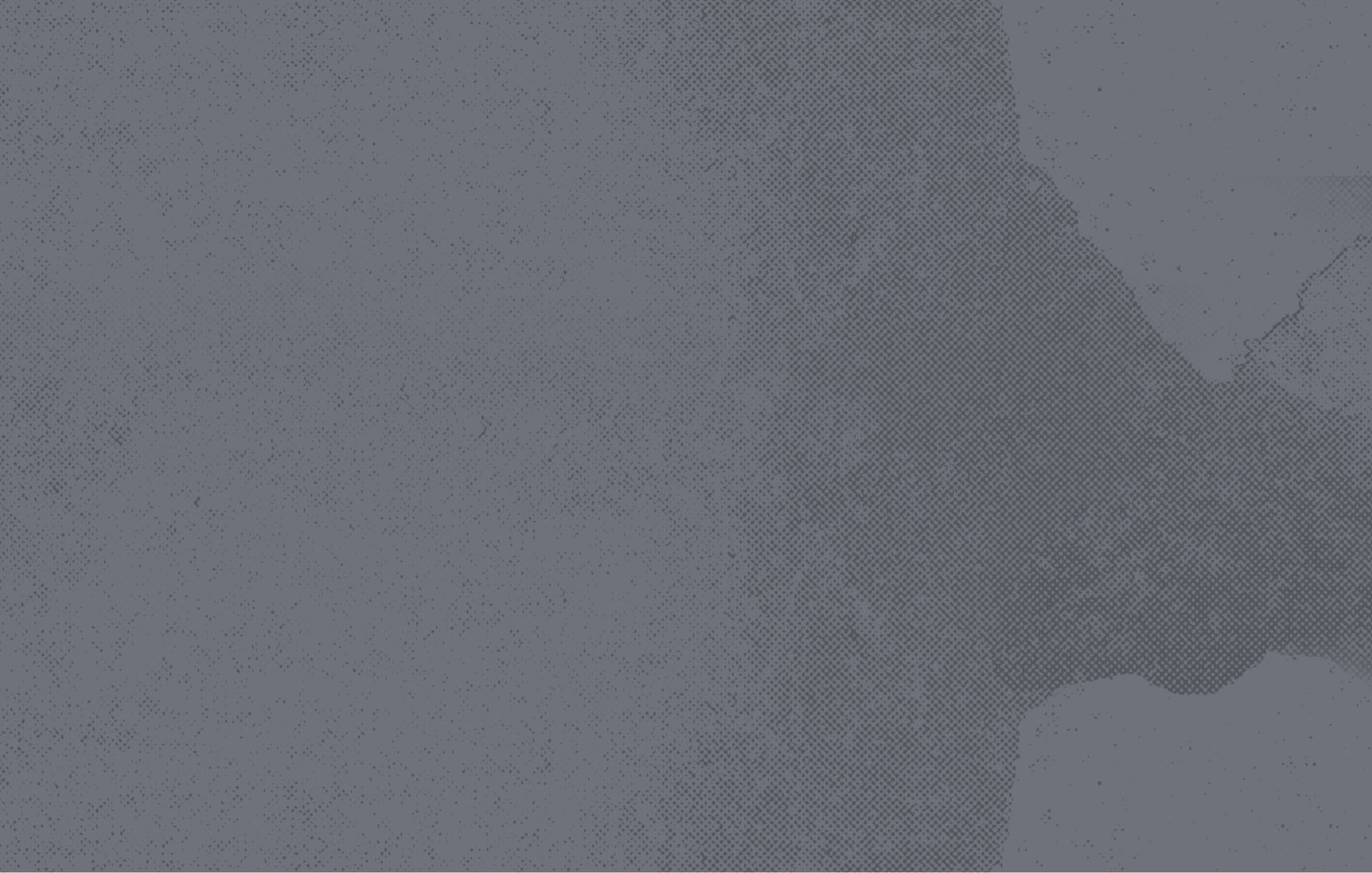
BUS 20002 Test-Out Exam
DOERMER SCHOOL OF BUSINESS
Show your knowledge. Skip the class.
BUS 20002 Computer Literacy Concepts for Business is a computer literacy course that focuses on business and management aspects. If you have the skills and the knowledge, you have the opportunity to take a proficiency exam and test out of the course.
Testing Details
Prepare for and schedule your test.
To take the BUS 20002 Test-Out Exam, register to take the tests through Testing Services by calling 260-481-6600 or by stopping by their office in Kettler Hall, Room 232.
| Mon | Tue | Wed | Thu | Fri | Sat |
|---|---|---|---|---|---|
| 8:30 a.m. | 8:30 a.m. | 8:30 a.m. | 8:30 a.m. | 8:30 a.m. | 8:30 a.m. |
| 10 a.m. | 10 a.m. | 10 a.m. | 10 a.m. | 10 a.m. | 10 a.m. |
| 11:30 a.m. | 11:30 a.m. | 11:30 a.m. | 11:30 a.m. | 11:30 a.m. | |
| 1 p.m. | 1 p.m. | 1 p.m. | 1 p.m. | 1 p.m. | |
| 2:30 p.m. | 2:30 p.m. | 2:30 p.m. | 2:30 p.m. | 2:30 p.m. | |
| 4 p.m. | 4 p.m. | 4 p.m. | 4 p.m. | 4 p.m. | |
| 5:45 p.m. | 5:45 p.m. | 5:45 p.m. | 5:45 p.m. | 5:45 p.m. |
Please note, proficiency exams are not administered during finals week.
Please note the following information for the day of your exam:
- Take your Mastodon Card (student ID) and/or a picture ID to the testing center for check-in.
- The exam is a multiple-choice exam and has 45 questions. You are permitted one hour to completed the exam.
- You must have a score of 70 percent or higher on the proficiency exam to be exempt from taking the formal BUS 20002 course.
- Your exam will be graded at the time you take it, and you will be able to see your results as soon as you finish.
- If you score lower than 70 percent, you may either enroll in the BUS 20002 course or retake the BUS 20002 Test-Out Exam again in three months.
You should review the possible exam content prior to taking exam. The following is a brief guideline of some of the content that may be included:
- General knowledge of how computers are used in today’s world
- Computer-system functions such as input, output, processing, peripheral devices, external hardware, and storage
- Evolution of hardware, including processors, memory, storage devices, storage technology
- Application software (word processors, spreadsheets, databases, productivity software, digital image and digital video software, cloud suites, etc.)
- Internet aspects such as podcasts, webcasts, Wikis, blogs, VoIP, email, cloud computing
- System software, operating systems, utility systems, and file management
- Wireless systems, Ethernet, routers, and other network components
- Viruses, Trojan horses, sniffing, spam, malware, and other internet threats
| Terminology to Study | ||
|---|---|---|
| Adware B2B B2C Big data Binary numbers Bits and bytes Boolean operators Boot process Broadband C2C Cache memory Clock cycle Clock speed CPU |
Digital convergence Domain name DSL Extension file names File path Firewall FTP Hacker HAN HD HTTP Hyperlinks Hyper threading Identity theft |
ISP Kernel LAN Malware Motherboard NAS Pipelining Protocols Registry Social networking Spyware URL USB WAN |